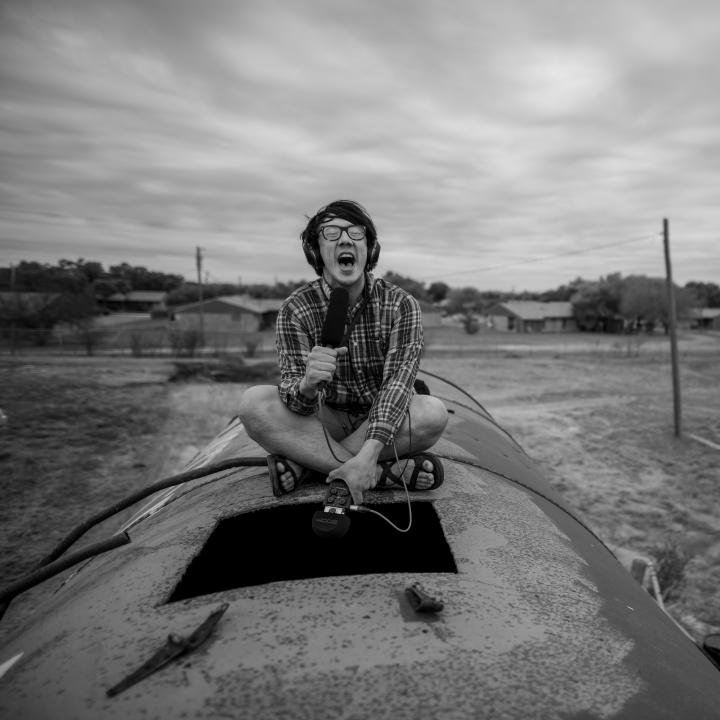
From the artist’s Bandcamp
No-No Boy is a multimedia project formed by Julian Saporiti & Erin Aoyama while pursuing their doctorates at Brown University. The project employs music as an educational tool to teach historical lessons about the Asian American experience. It is a topic that they both shared a personal connection to. Saporiti’s family were refugees during the Vietnam War, while Aoyama had family incarcerated at US internment camps during World War II.
They derived their name from the No-No Boys who were Japanese Americans who refused to pledge allegiance to the US government or were drafted during World War II out of protest of those detained in concentration camps. These experiences were also the basis of John Okada’s classic 1957 novel No-No Boy.
As a duo, they released the 2018 debut album 1942, but it has evolved primarily as a Saporiti project. Since then, he followed it up with the 2021 album 1975, which features considerable vocal, musical, and production contributions from Emilia Halvorsen. The album title is a reference to the year Saigon fell. Similar to 1942, Saporiti explores his own family heritage and also relates the experiences of those in WWII Japanese internment camps. He also expands the scope by linking past histories to modern-day immigrant detention centers and refugee camps.
One of the album’s highlights is “The Best Goddamn Band In Wyoming” which relates the story of a 1940s Asian American swing band that preserves in the face of bigotry. No-No Boy’s latest single “La Banda Más Chingón en Wyoming” is a mariachi reworking of that tune. It features Mariachi Los Broncos, whose bandleader Jessie Vallejo was drawn to the parallels between the Japanese internment camps and the detention centers set up at the US Southern border filled with Latin American migrants. The new arrangement adds an element of exuberance in the face of adversity. The harrowing reality is balanced with the optimism that the human spirit will conquer and still find reasons to sing.